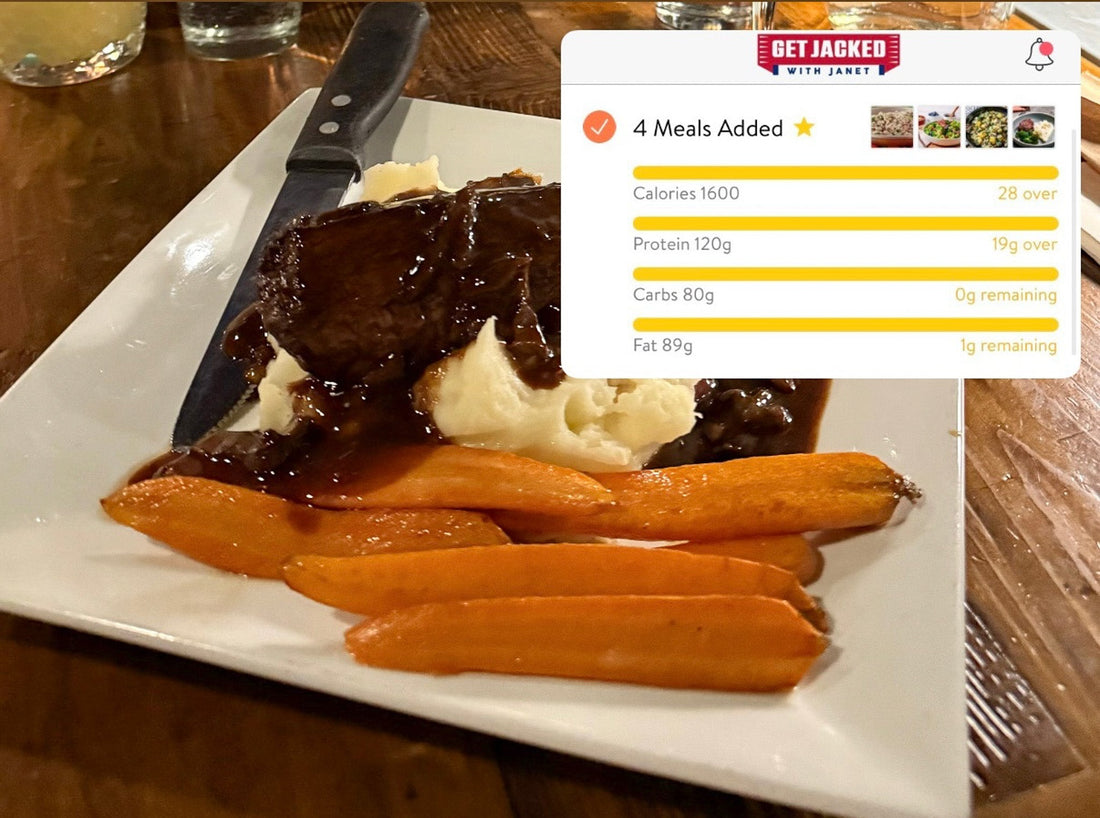Macronutrients are the building blocks of our diet, essential for our bodies to function optimally. Protein, fat, and carbohydrates—these are the pillars upon which our energy levels, metabolism, and overall health rely. But why is it crucial to ensure a balanced intake of these nutrients? And should you track what you eat? Let’s dive into these questions to understand how tracking your food can make a significant difference!
Understanding Macronutrients
Macronutrients, often referred to as macros, are nutrients that provide energy in the form of calories. They include protein, which aids in muscle repair and growth; fats, essential for hormone production and nutrient absorption; and carbohydrates, our body's primary energy source. Each plays a unique role in maintaining our health, and the right balance among them is key.
Why Balance Matters
Imagine your diet is primarily composed of simple carbohydrates—quick to digest, but often lacking in essential nutrients. Without a balance of protein and healthy fats, you may find yourself feeling sluggish, struggling with weight management, and even experiencing nutrient deficiencies. On the other hand, a diet rich in lean proteins, healthy fats, and complex carbohydrates supports sustainable energy levels, promotes satiety, and helps in achieving a healthy body composition.
The Case for Tracking Your Meals
Should you track what you eat? Absolutely. Here’s why: many people underestimate the macronutrient content of their meals. Without awareness, it's easy to consume too many calories from one type of nutrient, potentially hindering your health goals. For instance, if your daily caloric intake falls within a certain range but consists mainly of simple carbs, weight gain becomes more likely. Conversely, a diet that includes adequate protein, healthy fats, and complex carbs can facilitate weight loss and improve body composition.
Managing What You Measure
The adage "you can’t manage what you don’t measure" holds true here. Tracking your meals provides invaluable insight into your nutritional intake. It helps you identify patterns, understand portion sizes, and make informed choices about your diet. Whether you use an app, or another method, recording what you eat empowers you to take control of your health.
Beyond Macronutrients: Additional Benefits
Beyond tracking macros, monitoring your food intake offers a wealth of other nutritional insights. You gain awareness of your micronutrient intake—vitamins, minerals, and fiber—that are crucial for overall well-being. By ensuring you meet your daily requirements for these nutrients, you support immune function, digestion, and long-term health.
In conclusion, while macronutrients are fundamental to our diet, achieving the right balance requires awareness and intentionality. Tracking your food not only helps you manage your weight effectively but also enhances your overall nutritional understanding. It’s a powerful tool in your journey toward better health and well-being. So, consider taking that step to track your meals—it might just be the key to unlocking your healthiest self.
Remember, your body runs on what you feed it. Let’s make sure it’s getting the best possible fuel.

